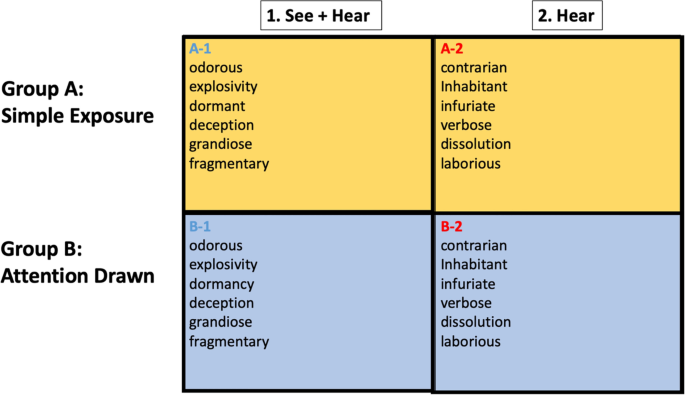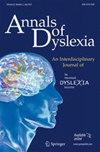Orthographic facilitation in upper elementary students: does attention to morphology of complex words enhance the effects?
Abstract
The current study aimed to investigate whether exposure to spellings would boost memory of meanings and spellings of morphologically complex words, and when spellings are present, whether drawing attention to the morphology of derivative words would activate morphological analysis and therefore enhance word learning. Participants were 36 fourth and fifth graders (20 Spanish speakers, and 16 English speakers) from an elementary school in the Southeastern U.S. students were randomly assigned to one of the two groups: (a) group A, simple spelling exposure group; and (b) group B, drawing attention to morphology group. Each group learned 12 low-frequency morphologically complex words (e.g., odorous) in two orthographic conditions: with the presence of spelling (1) and with the absence of spelling (2). Three learning trials and three test trials were interweaved. After each learning trial, students were prompted to meaning and spelling recall for each target word. Results have extended the evidence of orthographic facilitation effect to morphologically complex words. Students with both higher and lower word reading skills benefitted from spelling presence. Drawing attention to morphology did not enhance the memory of meanings and spellings of morphologically complex words, in comparison to spelling exposure only condition. Implications for vocabulary learning theories and instruction for linguistically diverse students were discussed.


 求助内容:
求助内容: 应助结果提醒方式:
应助结果提醒方式:


